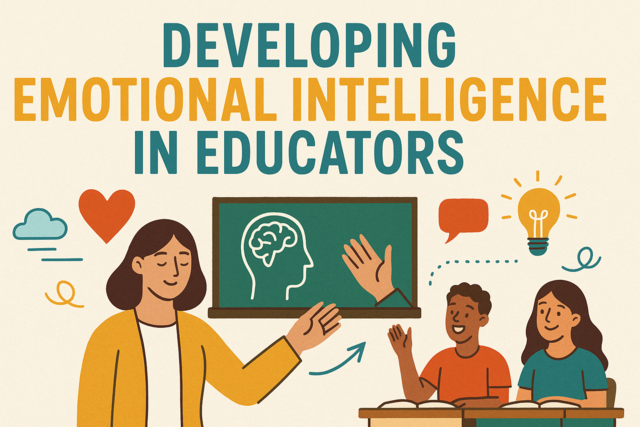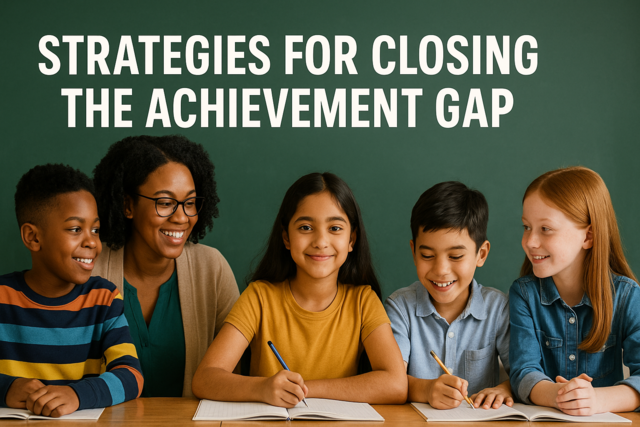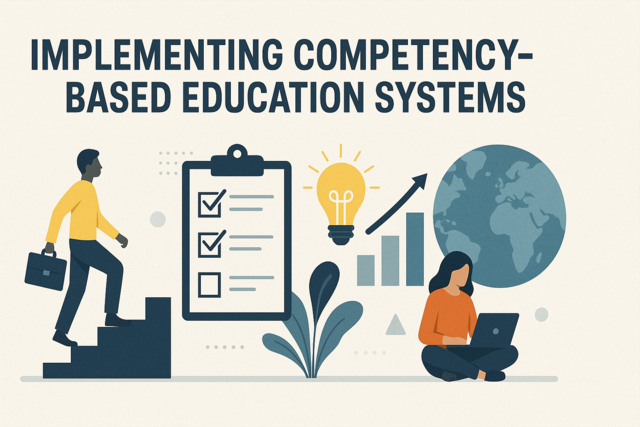Online Class: Differentiated Instruction Techniques

no certificate
with CEU Certificate*
-
15Lessons
-
22Exams &
Assignments -
6Hours
average time -
0.6CEUs
Course Description
Step into the future of education with our groundbreaking Differentiated Instruction Techniques course, a masterclass uniquely crafted for educators who refuse to settle for ordinary. In today's rapidly evolving educational landscape, the traditional "one-size-fits-all" approach is not just outdated—it's obsolete. This course redefines teaching, equipping you with the tools and strategies needed to revolutionize your classroom. Whether you're a seasoned educator or a newcomer eager to make an impact, this course is designed to transform how you engage, inspire, and shape the young minds of tomorrow.
Imagine a classroom where every student feels seen, heard, and empowered to learn in ways that truly resonate with them. Picture lessons that come alive, capturing the interests of every student by catering to their unique strengths, learning modalities, and cultural backgrounds. With Differentiated Instruction Techniques, you won't just create lessons—you'll craft inclusive and dynamic educational experiences that ignite curiosity and passion for lifelong learning.
Our journey begins by unraveling the complexities of personalized teaching strategies. You'll explore how socio-cultural diversity enriches the learning environment, unlocking a treasure trove of perspectives that foster a vibrant and inclusive classroom culture. Dive into the transformative power of pre-assessments and flexible grouping, empowering you to tailor educational experiences that nurture every student's academic journey. These techniques ensure that no student is left behind, effectively bridging learning gaps and celebrating the unique potential of every learner.
Technology plays a pivotal role in modern education, and our course harnesses its potential to enhance differentiated instruction. You'll learn to seamlessly integrate cutting-edge digital tools into your teaching arsenal, creating interactive, personalized learning experiences that captivate visual, auditory, and kinesthetic learners alike. This digital integration amplifies engagement and adaptability, making education more accessible and effective than ever before.
But this course isn't just about mastering techniques—it's about transforming yourself into a visionary educator. Through our thoughtfully designed modules, you'll cultivate a mindset of continuous improvement and cultural inclusivity. You'll explore the art of crafting multicultural curricula and practice self-reflection to confront biases, ensuring equitable education for all students. Our course is a journey of personal and professional growth, where you'll refine your methodologies and inspire positive change in your classroom and beyond.
What truly sets this course apart is its commitment to fostering a sense of community. Engage with a network of like-minded educators from around the world, all united by a common goal: to make a meaningful impact. Our interactive platform encourages collaboration and dialogue, allowing you to share insights, exchange ideas, and gain invaluable feedback from peers and experts alike. You are not alone in this journey; together, we are building a brighter future for education, one student at a time.
By enrolling in Differentiated Instruction Techniques, you're not just signing up for a course—you're embarking on an educational revolution. Empower your students with choices, resonate with their diverse intelligences, and spark a passion for knowledge that lasts a lifetime. Join us in crafting educational experiences that are as unique as each learner and make your mark as an educator who dares to innovate.
This is not just another online class. This is your opportunity to be at the forefront of the educational evolution. Are you ready to transform your teaching and forge a legacy of learning? Enroll today, and let's create a world where every student doesn't just learn, but thrives. Your classroom awaits its transformation—will you answer the call?
- Completely Online
- Self-Paced
- 6 Months to Complete
- 24/7 Availability
- Start Anytime
- PC & Mac Compatible
- Android & iOS Friendly
- Accredited CEUs

Course Lessons
Lesson 1. Teaching Beyond One Size Fits All
Recognizing socio-cultural diversity, differentiated instruction integrates diverse perspectives and linguistic support, enriching the educational experience. Teachers utilize adaptive strategies, including tiered instruction and choice boards, to accommodate varying readiness levels and ensure equitable education access.Lesson 2. Crafting Tailored Educational Experiences
Leveraging technology in education supports differentiated instruction by providing interactive, personalized learning experiences tailored to visual, auditory, and kinesthetic modalities. Digital tools foster engagement and adaptability, making learning more accessible and effective for all students.Lesson 3. Understanding the Role of Pre-Assessments
By utilizing various pre-assessment methods, teachers can gather essential data on student readiness and preferences, leading to more personalized instruction. This approach promotes flexible grouping, adaptive strategies, and enhanced engagement, ultimately supporting diverse learning needs.Lesson 4. The Dynamics of Personalized Learning: Embracing Flexible Grouping
Flexible grouping, a fundamental concept in differentiated instruction, adapts to the needs of students, enhancing their learning experience by organizing them into dynamic groups as per their readiness, interests, and learning styles. This approach fosters engagement, social skills, and tailored instruction, proving effective in bridging learning gaps and nurturing a sense of community in the classroom.Lesson 5. Tailored Lessons for Diverse Learners
The integration of personal interests and multiple intelligences into lessons significantly enhances differentiated instruction, enabling students to engage with content through their strengths. Empowering students with choices and incorporating cultural diversity into educational resources nurtures critical thinking and collaborates effectively across different learner profiles.Lesson 6. Beyond One-Size-Fits-All: Cultivating a Classroom of Infinite Possibilities
According to Howard Gardner's theory of multiple intelligences, intelligence is a spectrum of varied capacities, suggesting different students excel in distinct ways. Tailoring educational experiences to these multiple intelligences enables deeper engagement and connection with the material, enhancing students' academic outcomes.Lesson 7. Integrating Technology and Self-Regulation in Modern Classrooms
Scaffolded support and peer feedback in classrooms amplify student voices, promoting analytical skills and collaborative learning while maintaining cultural inclusivity. Educators’ continuous refinement of methodologies ensures these inclusive environments allow for creative expression and intellectual growth.Lesson 8. The Future of Teaching: Integrating Digital Tools for Differentiated Instruction
Adaptive learning technologies revolutionize differentiated instruction, providing personalized content that adapts to students' unique learning journeys. These digital tools enhance engagement and understanding by offering tailored resources and immediate feedback to each learner.Lesson 9. Empowering Unique Learning Journeys
Flexible grouping is a cornerstone of differentiated instruction, allowing educators to reorganize student groups to suit evolving learning goals and collaborative needs. This strategy nurtures both academic growth and social skills as students interact with diverse peers in varied educational tasks.Lesson 10. Engaging Every Learner: Formative Assessment in Action
Integrating formative assessment within classroom practices creates a feedback-rich environment that nurtures student growth and development. By encouraging active participation and fostering a collaborative atmosphere, educators use formative insights to customize lessons, consequently inspiring a passion for lifelong learning.Lesson 11. Inclusive Pedagogy: Fostering Equitable Opportunities for All Students
A multicultural curriculum enriched with diverse narratives and perspectives prepares students for global citizenship by fostering respect and empathy for varied cultural backgrounds. Educators' continuous self-reflection on biases and active engagement with cultural awareness training contribute to more equitable education.Lesson 12. Tiered Learning Made Simple
The innovative use of tiered assignments in the classroom fosters an inclusive learning environment, balancing educational rigour with accessibility. By scaffolding learning experiences, educators can effectively meet the diverse needs of students, making education both challenging and rewarding.Lesson 13. Optimizing Educational Experiences through Strategic Time Management
Time management is essential for differentiated instruction, ensuring that all students receive quality education tailored to their needs. By implementing strategies such as prioritization and time blocking, teachers can maintain an organized classroom and enhance learning opportunities.Lesson 14. Tailored Learning in Diverse Classrooms
Inclusive education champions diversity by ensuring equitable learning opportunities regardless of student background, promoting a supportive environment where each child's unique potential is celebrated and nurtured. Through personalized teaching strategies, collaboration among stakeholders, and incorporating technology, this approach enhances engagement and understanding, ultimately empowering students to succeed in a diverse world.Lesson 15. Crafting Inclusive Classrooms: The Power of Differentiated Instruction
By anticipating students' varied learning styles and needs through proactive planning, educators integrate diverse instructional resources like videos and manipulatives. This method ensures lessons resonate effectively with each learner, fostering a more inclusive classroom experience.
Learning Outcomes
- Analyze how cognitive, emotional, and socio-cultural diversity affect learning styles and identify strategies to address these differences in the classroom.
- Define differentiated instruction and describe its importance in creating an inclusive classroom environment that accommodates diverse student needs.
- Design and implement differentiated instruction techniques that integrate visual, auditory, and kinesthetic modalities to foster inclusive learning environments and improve educational outcomes.
- Identify and analyze the distinctive characteristics of visual, auditory, and kinesthetic learners to tailor teaching strategies that enhance student engagement and comprehension.
- Define pre-assessment and its role in differentiated instruction by identifying methods to evaluate student knowledge, skills, and learning preferences before the start of a lesson or unit.
- Design a pre-assessment strategy to analyze student readiness, learning styles, and interests, enabling the formation of flexible grouping for targeted instruction within a classroom setting.
- Define the key principles of flexible grouping by identifying readiness levels, interests, and learning profiles of students for effective group organization.
- Demonstrate the implementation of flexible grouping by designing lesson plans that dynamically adjust based on student needs and instructional strategies.#
- Analyze how integrating learner profiles and preferences impacts student engagement and achievement by evaluating their effects on classroom dynamics and learning outcomes in a given instructional scenario.
- Demonstrate an understanding of differentiated instruction by identifying at least three personalized learning strategies that address diverse student learning profiles and preferences.
- Define and analyze diverse learning styles and modalities to tailor instruction effectively for visual, auditory, and kinesthetic learners.
- Design and implement multimodal learning activities that incorporate visual, auditory, and kinesthetic elements to accommodate diverse student preferences.
- Recognize and describe the role of technology in fostering voice and choice in education by providing specific examples of tools and platforms utilized.
- Demonstrate mastery of lesson content at levels of 70% or higher.
Additional Course Information

- Document Your Lifelong Learning Achievements
- Earn an Official Certificate Documenting Course Hours and CEUs
- Verify Your Certificate with a Unique Serial Number Online
- View and Share Your Certificate Online or Download/Print as PDF
- Display Your Certificate on Your Resume and Promote Your Achievements Using Social Media

Choose Your Subscription Plan
No Certificate / No CEUs
This course only
| Includes certificate | X |
| Includes CEUs | X |
| Self-paced |

|
| Instructor support |

|
| Time to complete | 6 months |
| No. of courses | 1 course |
Certificate & CEUs
This course only
| Includes certificate |

|
| Includes CEUs |

|
| Self-paced |

|
| Instructor support |

|
| Time to complete | 6 months |
| No. of courses | 1 course |
Certificates & CEUs
Includes all 600+ courses
| Includes certificate |

|
| Includes CEUs |

|
| Self-paced |

|
| Instructor support |

|
| Time to complete | 12 Months |
| No. of courses | 600+ |
Certificates & CEUs
Includes all 600+ courses
| Includes certificate |

|
| Includes CEUs |

|
| Self-paced |

|
| Instructor support |

|
| Time to complete | 24 Months |
| No. of courses | 600+ |
Related Courses
-
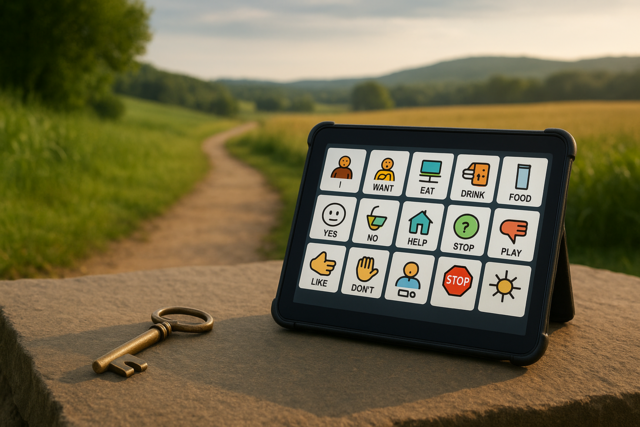 6 hours
0.6 CEUs
Assistive Communication Devices: Maximizing Potential
+ More Info
6 hours
0.6 CEUs
Assistive Communication Devices: Maximizing Potential
+ More Info
-
 6 hours
0.6 CEUs
Mysterious Forces in the Cosmos
+ More Info
6 hours
0.6 CEUs
Mysterious Forces in the Cosmos
+ More Info
-
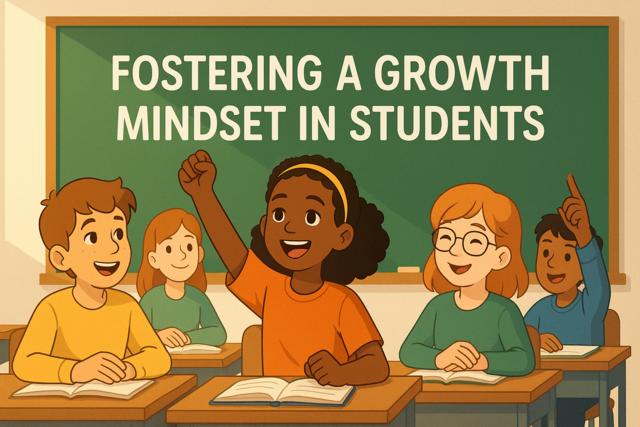 6 hours
0.6 CEUs
Fostering a Growth Mindset in Students
+ More Info
6 hours
0.6 CEUs
Fostering a Growth Mindset in Students
+ More Info
-
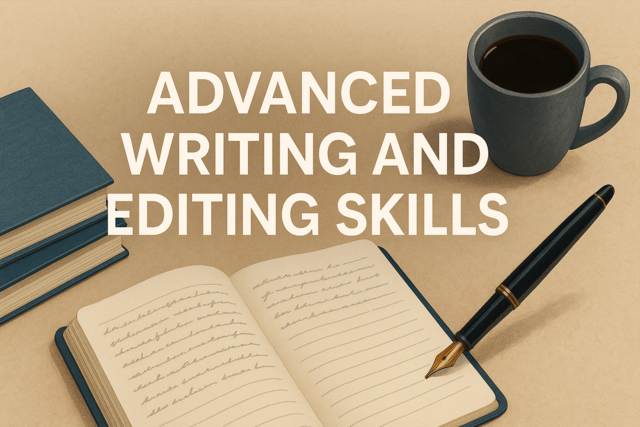 5 hours
0.5 CEUs
Advanced Writing and Editing Skills
+ More Info
5 hours
0.5 CEUs
Advanced Writing and Editing Skills
+ More Info
-
 4 hours
0.4 CEUs
Assertiveness Training for Professionals
+ More Info
4 hours
0.4 CEUs
Assertiveness Training for Professionals
+ More Info
-
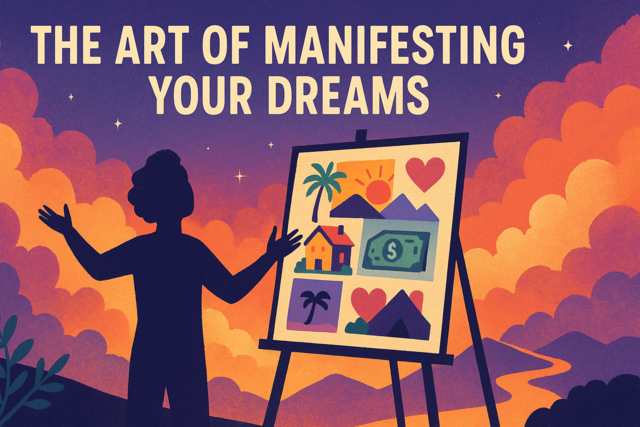 7 hours
0.7 CEUs
The Art of Manifesting Your Dreams
+ More Info
7 hours
0.7 CEUs
The Art of Manifesting Your Dreams
+ More Info
-
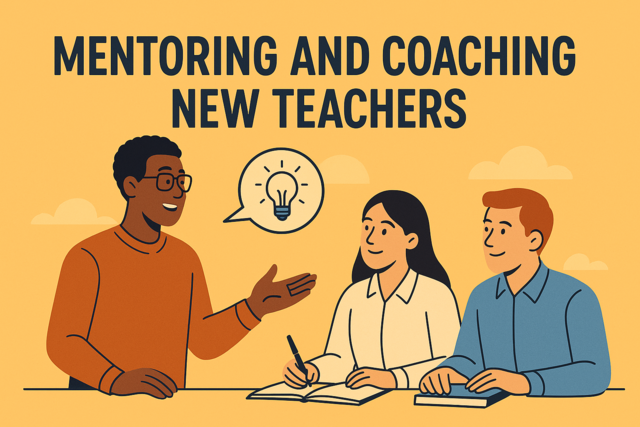 5 hours
0.5 CEUs
Mentoring and Coaching New Teachers
+ More Info
5 hours
0.5 CEUs
Mentoring and Coaching New Teachers
+ More Info
-
 5 hours
0.5 CEUs
Coaching and Mentoring Skills
+ More Info
5 hours
0.5 CEUs
Coaching and Mentoring Skills
+ More Info
-
 6 hours
0.6 CEUs
Luxe Vision: Designing a Fashionable Future
+ More Info
6 hours
0.6 CEUs
Luxe Vision: Designing a Fashionable Future
+ More Info
-
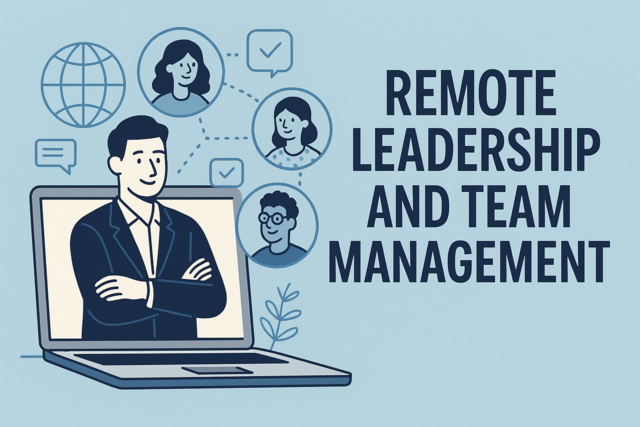 6 hours
0.6 CEUs
Remote Leadership and Team Management
+ More Info
6 hours
0.6 CEUs
Remote Leadership and Team Management
+ More Info
-
 4 hours
0.4 CEUs
Accident Investigation Techniques
+ More Info
4 hours
0.4 CEUs
Accident Investigation Techniques
+ More Info
-
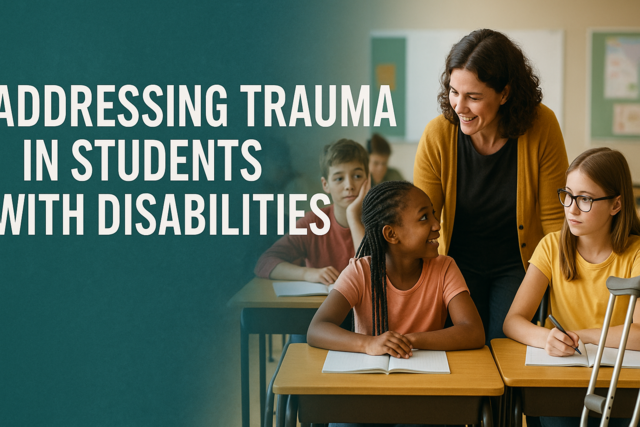 3 hours
0.3 CEUs
Addressing Trauma in Students with Disabilities
+ More Info
3 hours
0.3 CEUs
Addressing Trauma in Students with Disabilities
+ More Info
-
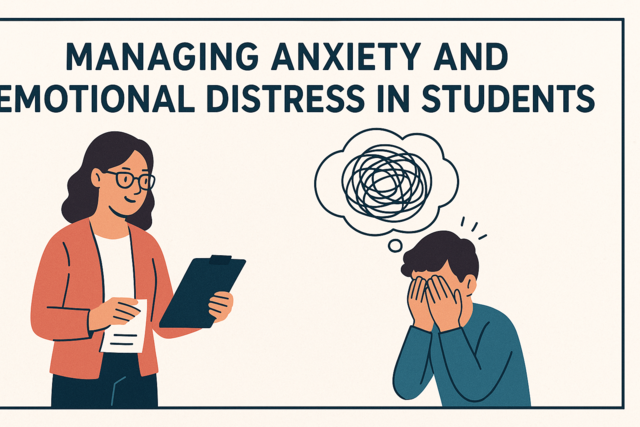 6 hours
0.6 CEUs
Managing Anxiety and Emotional Distress in Students
+ More Info
6 hours
0.6 CEUs
Managing Anxiety and Emotional Distress in Students
+ More Info
-
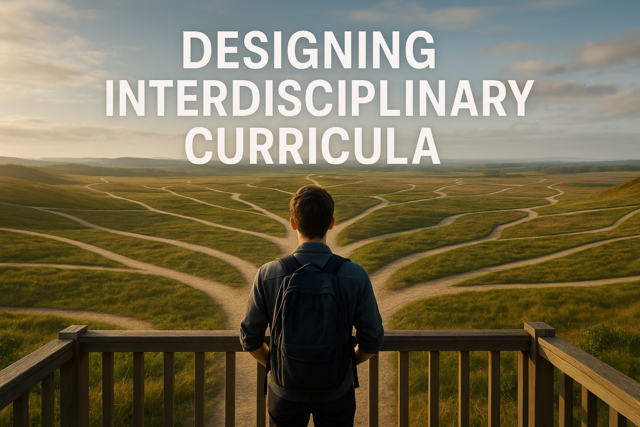 7 hours
0.7 CEUs
Designing Interdisciplinary Curricula
+ More Info
7 hours
0.7 CEUs
Designing Interdisciplinary Curricula
+ More Info
-
 3 hours
0.3 CEUs
Creating and Maintaining Personal Boundaries
+ More Info
3 hours
0.3 CEUs
Creating and Maintaining Personal Boundaries
+ More Info
-
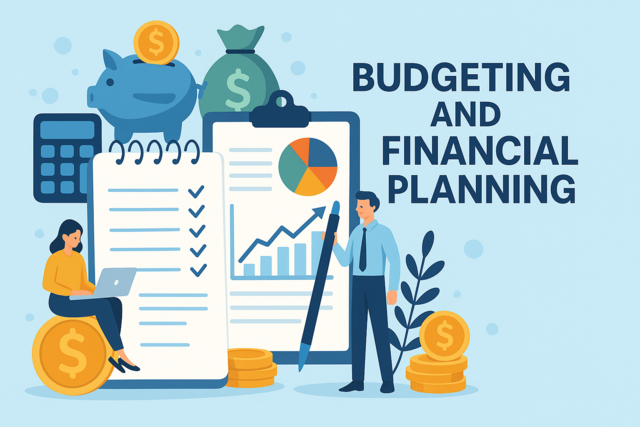 3 hours
0.3 CEUs
Budgeting and Financial Planning
+ More Info
3 hours
0.3 CEUs
Budgeting and Financial Planning
+ More Info
-
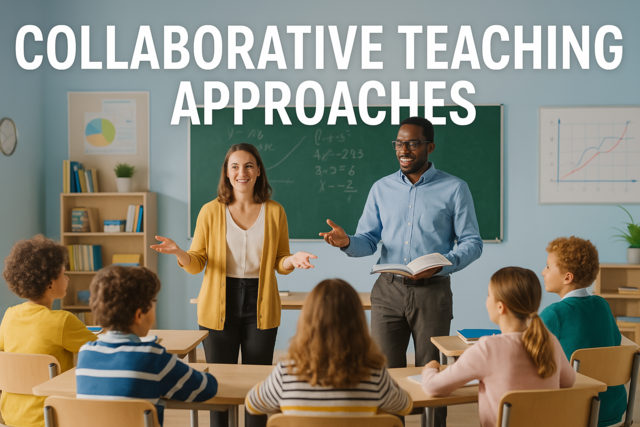 3 hours
0.3 CEUs
Collaborative Teaching Approaches
+ More Info
3 hours
0.3 CEUs
Collaborative Teaching Approaches
+ More Info
-
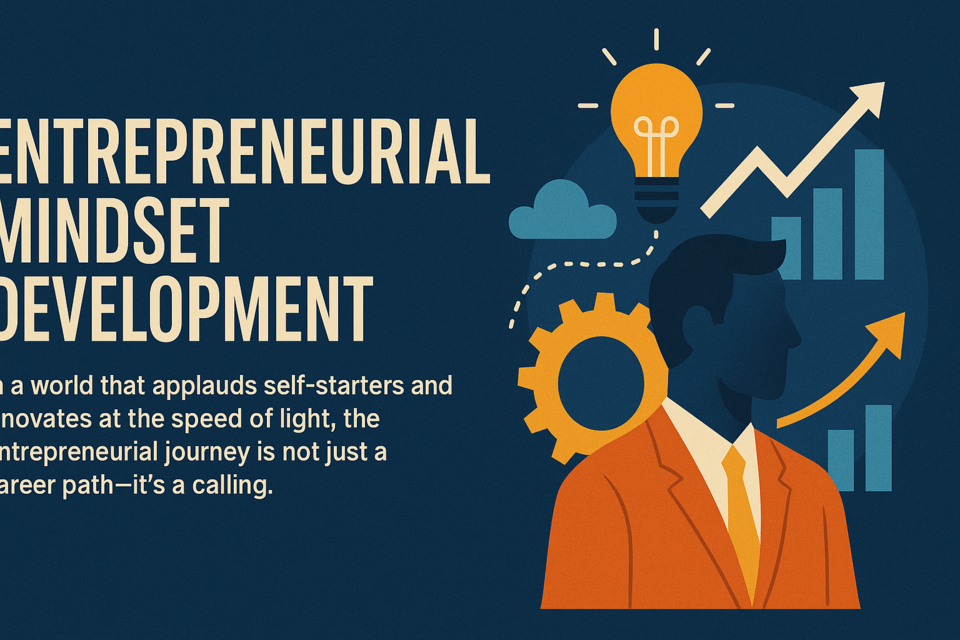 7 hours
0.7 CEUs
Entrepreneurial Mindset Development
+ More Info
7 hours
0.7 CEUs
Entrepreneurial Mindset Development
+ More Info
-
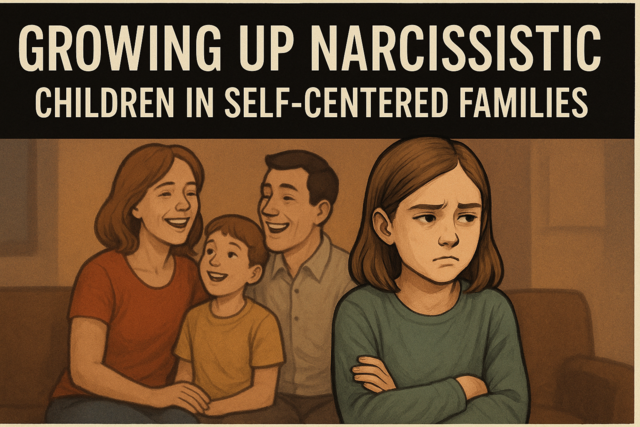 3 hours
0.3 CEUs
Growing Up Narcissistic: Children in Self-Centered Families
+ More Info
3 hours
0.3 CEUs
Growing Up Narcissistic: Children in Self-Centered Families
+ More Info
-
 7 hours
0.7 CEUs
Global Glam: International Perspectives on Modern Fashion
+ More Info
7 hours
0.7 CEUs
Global Glam: International Perspectives on Modern Fashion
+ More Info
-
 7 hours
0.7 CEUs
Volunteering and Philanthropy Skills
+ More Info
7 hours
0.7 CEUs
Volunteering and Philanthropy Skills
+ More Info
-
 5 hours
0.5 CEUs
Footprint of Fashion: Trends Shaping Modern Luxury Brands
+ More Info
5 hours
0.5 CEUs
Footprint of Fashion: Trends Shaping Modern Luxury Brands
+ More Info
-
 4 hours
0.4 CEUs
Elite Ensembles: Crafting Timeless Women's Looks
+ More Info
4 hours
0.4 CEUs
Elite Ensembles: Crafting Timeless Women's Looks
+ More Info
-
 4 hours
0.4 CEUs
Astrology for Personal Growth
+ More Info
4 hours
0.4 CEUs
Astrology for Personal Growth
+ More Info
-
 6 hours
0.6 CEUs
Data-Driven Decision Making in Special Education
+ More Info
6 hours
0.6 CEUs
Data-Driven Decision Making in Special Education
+ More Info
-
 4 hours
0.4 CEUs
Narcissistic Loops: Breaking the Cycle of Self-Absorption
+ More Info
4 hours
0.4 CEUs
Narcissistic Loops: Breaking the Cycle of Self-Absorption
+ More Info
-
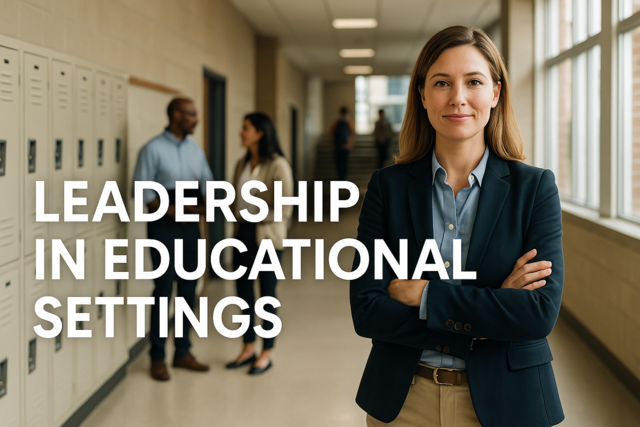 7 hours
0.7 CEUs
Leadership in Educational Settings
+ More Info
7 hours
0.7 CEUs
Leadership in Educational Settings
+ More Info
-
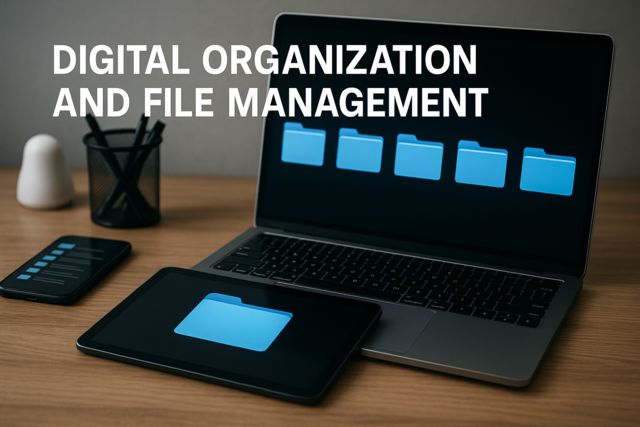 3 hours
0.3 CEUs
Digital Organization and File Management
+ More Info
3 hours
0.3 CEUs
Digital Organization and File Management
+ More Info
-
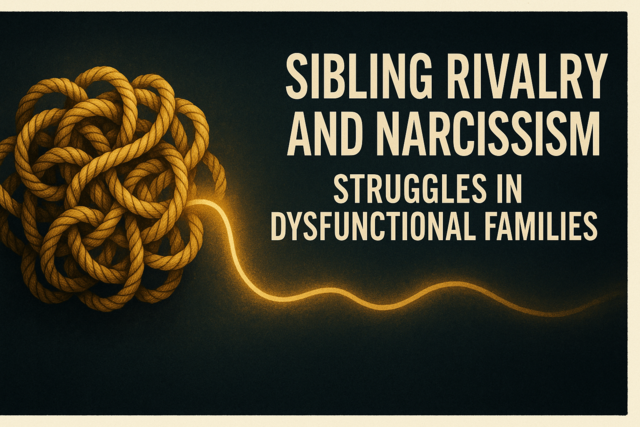 6 hours
0.6 CEUs
Sibling Rivalry and Narcissism: Struggles in Dysfunctional Families
+ More Info
6 hours
0.6 CEUs
Sibling Rivalry and Narcissism: Struggles in Dysfunctional Families
+ More Info
-
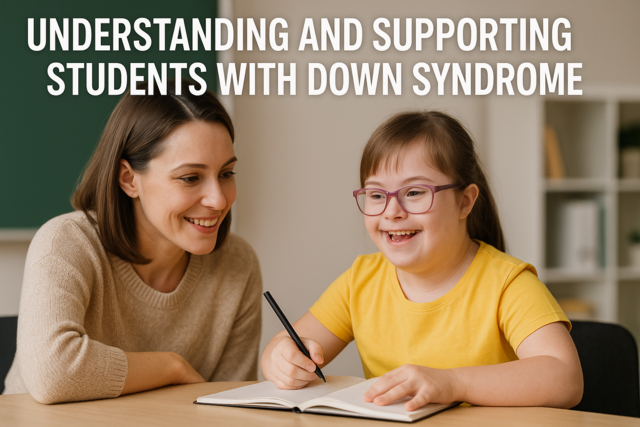 3 hours
0.3 CEUs
Understanding and Supporting Students with Down Syndrome
+ More Info
3 hours
0.3 CEUs
Understanding and Supporting Students with Down Syndrome
+ More Info
-
 3 hours
0.3 CEUs
Essentials of Contract Negotiation
+ More Info
3 hours
0.3 CEUs
Essentials of Contract Negotiation
+ More Info
-
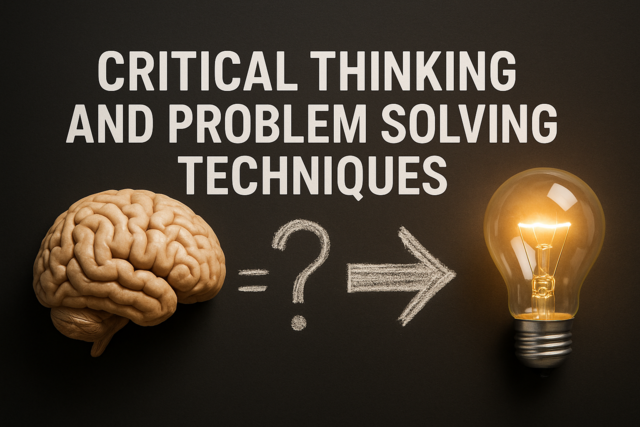 4 hours
0.4 CEUs
Critical Thinking and Problem Solving Techniques
+ More Info
4 hours
0.4 CEUs
Critical Thinking and Problem Solving Techniques
+ More Info
-
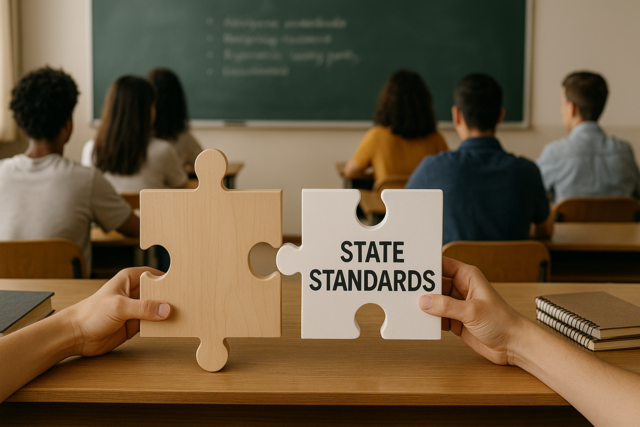 7 hours
0.7 CEUs
Aligning Curriculum with State Standards
+ More Info
7 hours
0.7 CEUs
Aligning Curriculum with State Standards
+ More Info
-
 5 hours
0.5 CEUs
STEAM: Integrating the Arts with STEM
+ More Info
5 hours
0.5 CEUs
STEAM: Integrating the Arts with STEM
+ More Info
-
 5 hours
0.5 CEUs
Time Travel Mysteries and Paradoxes
+ More Info
5 hours
0.5 CEUs
Time Travel Mysteries and Paradoxes
+ More Info
-
 7 hours
0.7 CEUs
The Dynamics of Desire: Understanding Intimacy and Attraction
+ More Info
7 hours
0.7 CEUs
The Dynamics of Desire: Understanding Intimacy and Attraction
+ More Info
-
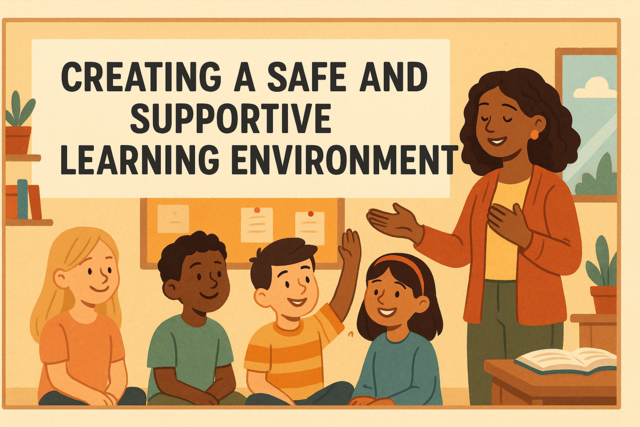 5 hours
0.5 CEUs
Creating a Safe and Supportive Learning Environment
+ More Info
5 hours
0.5 CEUs
Creating a Safe and Supportive Learning Environment
+ More Info
-
 6 hours
0.6 CEUs
Introduction to Graphic Design Tools
+ More Info
6 hours
0.6 CEUs
Introduction to Graphic Design Tools
+ More Info
-
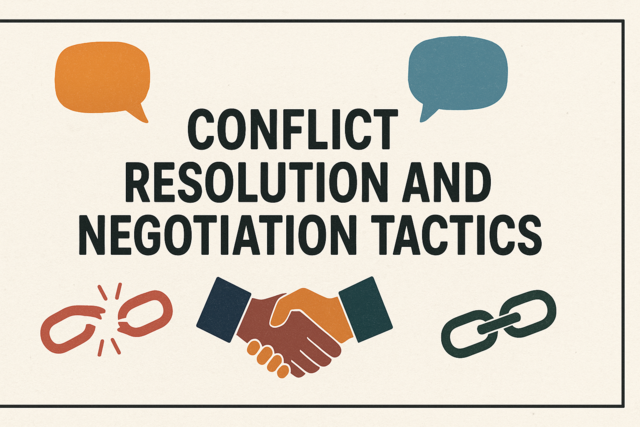 7 hours
0.7 CEUs
Conflict Resolution and Negotiation Tactics
+ More Info
7 hours
0.7 CEUs
Conflict Resolution and Negotiation Tactics
+ More Info
-
 5 hours
0.5 CEUs
Advanced Communication Skills for the Workplace
+ More Info
5 hours
0.5 CEUs
Advanced Communication Skills for the Workplace
+ More Info


